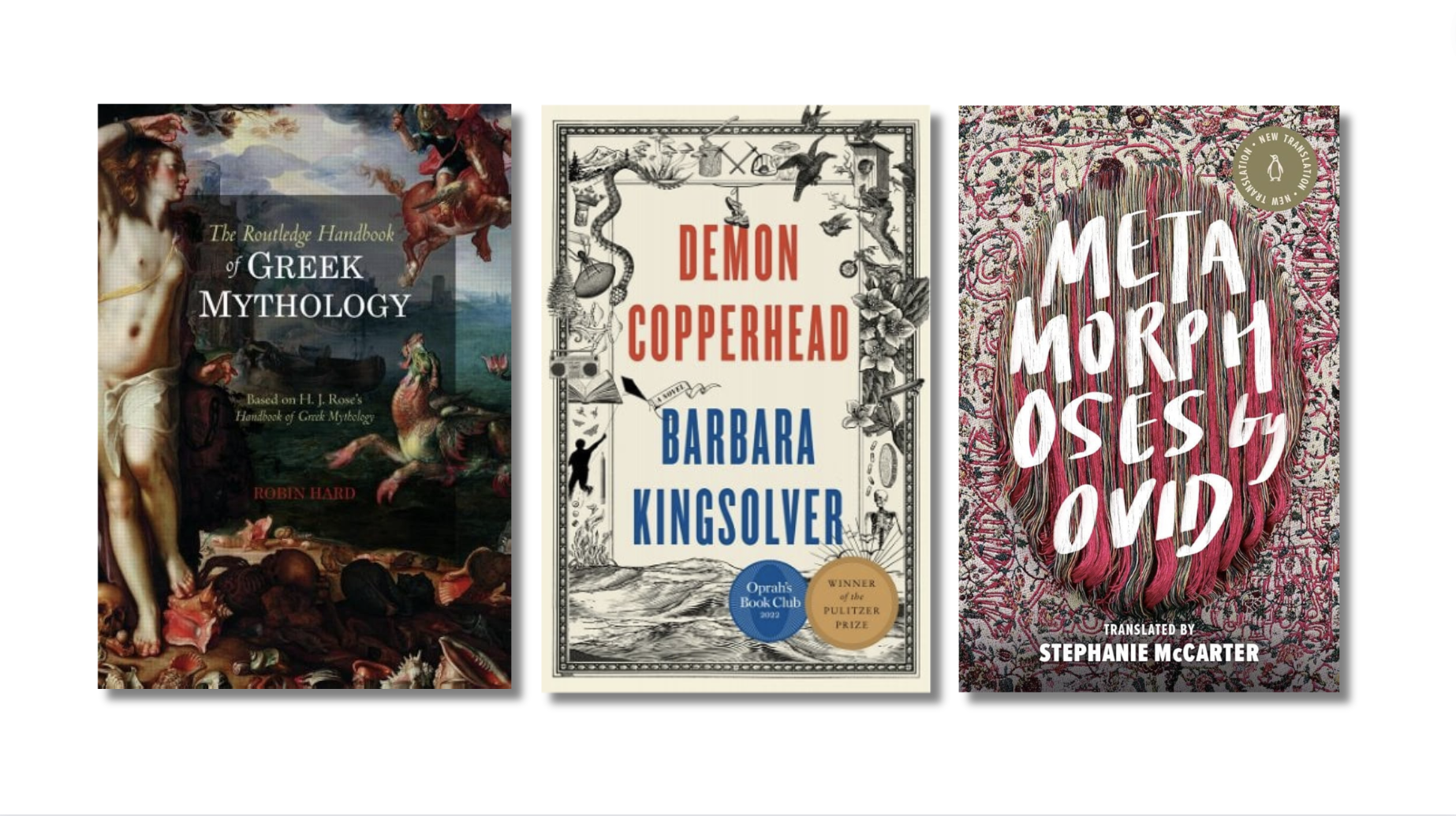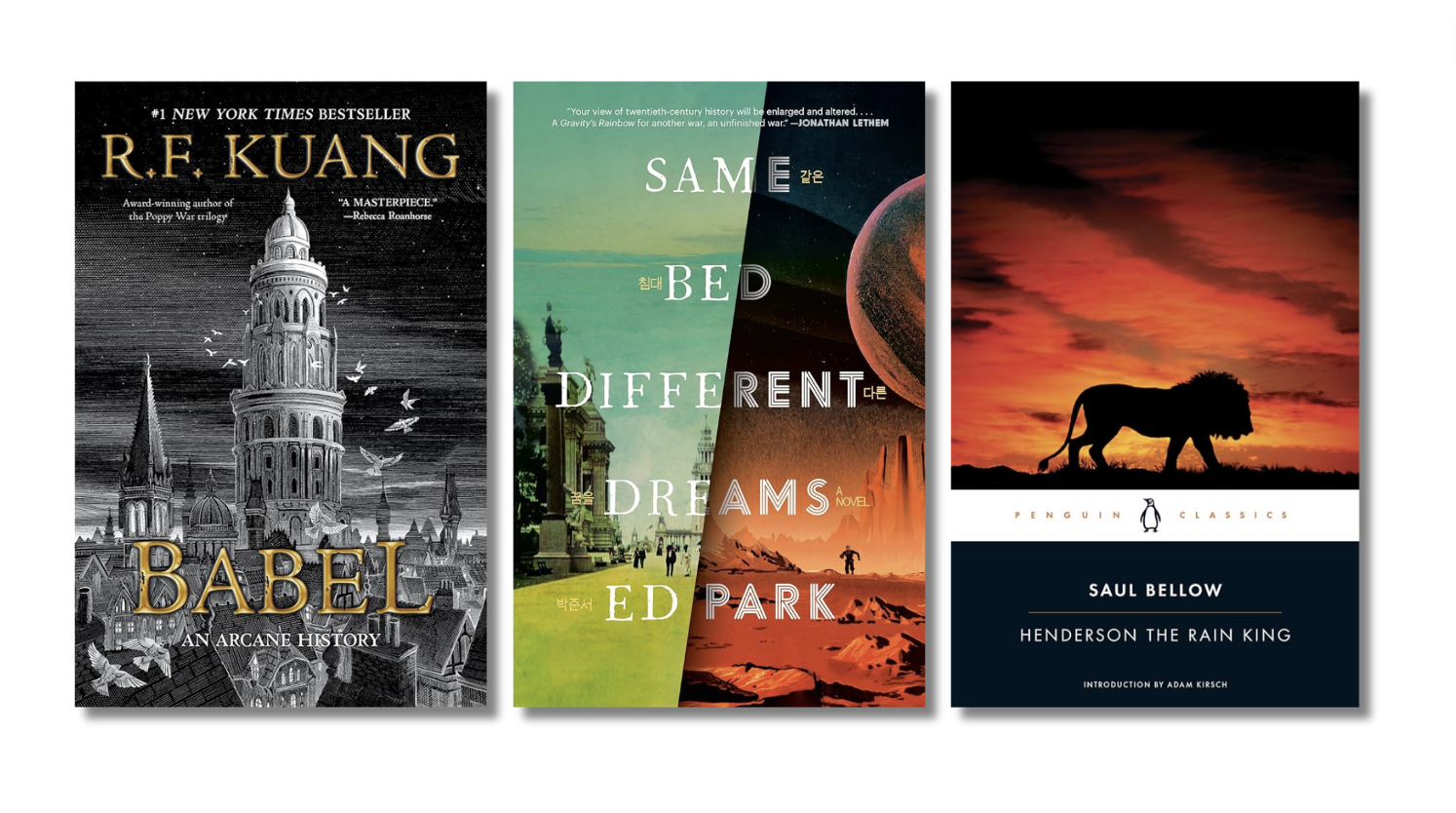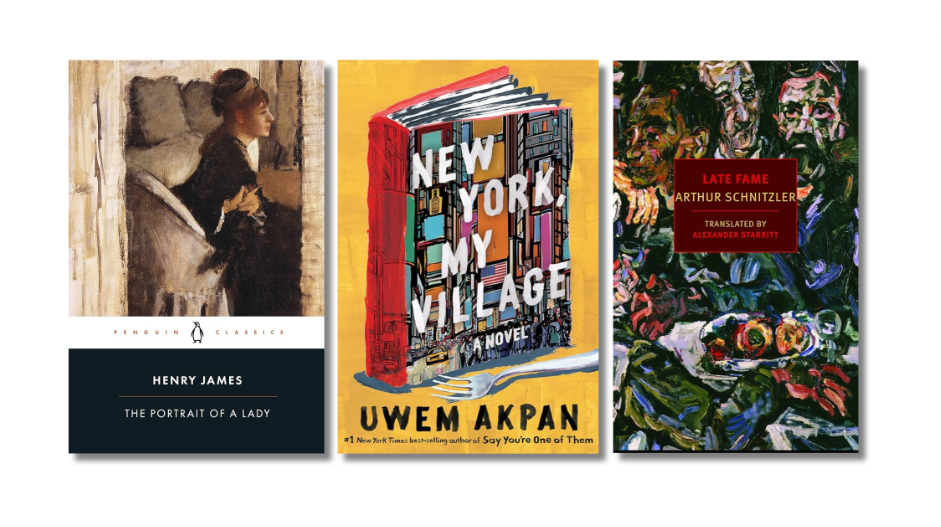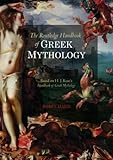 One of the big themes of my reading life this year has been the multiple ways a single story can be told—how one version or other can get preserved as “canon,” and how the narrative can be shifted. In my day-job reading life this year, I’ve spent a lot of time reading and re-reading scholarly books and articles about Homer, as I finished my translation of the Iliad, and also prepared for a set of lectures largely focused on the Iliad. To me, one of the most interesting themes in contemporary Homeric scholarship is the study of how the Homeric poems use, subordinate, or play with alternative mythical traditions that aren’t part of their own main narrative. In the later part of the year, I’ve spent a lot of time with various books and handbooks surveying the ancient sources for Greek mythology—including the very useful Routledge Handbook and Timothy Ganz‘s two volumes on early Greek myth—as background for writing my own fictionalized retelling of the myths about the Trojan War that are less prominent in Homer.
One of the big themes of my reading life this year has been the multiple ways a single story can be told—how one version or other can get preserved as “canon,” and how the narrative can be shifted. In my day-job reading life this year, I’ve spent a lot of time reading and re-reading scholarly books and articles about Homer, as I finished my translation of the Iliad, and also prepared for a set of lectures largely focused on the Iliad. To me, one of the most interesting themes in contemporary Homeric scholarship is the study of how the Homeric poems use, subordinate, or play with alternative mythical traditions that aren’t part of their own main narrative. In the later part of the year, I’ve spent a lot of time with various books and handbooks surveying the ancient sources for Greek mythology—including the very useful Routledge Handbook and Timothy Ganz‘s two volumes on early Greek myth—as background for writing my own fictionalized retelling of the myths about the Trojan War that are less prominent in Homer.



 A lot of the contemporary fiction I’ve most enjoyed this year has also been about the many strands of narrative tradition, or about truth and lies. I found Zadie Smith‘s The Fraud gripping, funny, and thought-provoking, with compassion and understanding running through the satire—although I loved how she skewers Dickens, who is big enough to take it. I also loved returning to a rewriting of the righteous indignation of Dickens in Barbara Kingsolver‘s rewrite of David Copperfield. I often get bored of re-tellings of previous works of literature—I’ve read so many novels based on ancient myth, many of which feel too predictable—but Demon Copperhead rises above the premise thanks to Kingsolver’s deep mastery of setting and voice, and the wholehearted conviction of her narrative rage at the abuse of children, the cynical greed of Big Pharma, and the exploitation and marginalization of the rural Appalachian poor. Both these books show how the story can feel entirely different with a different narrator—What if Demon gets to tell his own story? What if Mrs. Touchet had a pen, not just a salon?—and both are also interested in how readily, in the right circumstances, we can all fall for crooks, and how we deceive ourselves. These themes are also present in Rebecca Makkai‘s I Have Some Questions for You, which showcases the exploitations and distortions in the genre of true-crime podcasting, as well as how the cultural nexus of gender, race, and class have both changed and stayed stagnant in the U.S. over the past generation. Emma Cline‘s The Guest takes the con-woman grifter herself as the protagonist; the book isn’t pretentious enough to invite explicit comparisons to the ultimate surviving grifter story, the Odyssey (although there is plenty of swimming), but it’s an immersive narrative with a compelling vision of how being (or being in drag as) a certain kind of white girl, and being ridiculously Hamptons-rich, can each be seen as performances or disguises that can be maintained only for so long—and there’s something particularly compelling about how the protagonist’s grift and desire to survive competes with her desire to scratch the surface of the illusion (or literally, the surface of the priceless painting), and blow it all up for the truth.
A lot of the contemporary fiction I’ve most enjoyed this year has also been about the many strands of narrative tradition, or about truth and lies. I found Zadie Smith‘s The Fraud gripping, funny, and thought-provoking, with compassion and understanding running through the satire—although I loved how she skewers Dickens, who is big enough to take it. I also loved returning to a rewriting of the righteous indignation of Dickens in Barbara Kingsolver‘s rewrite of David Copperfield. I often get bored of re-tellings of previous works of literature—I’ve read so many novels based on ancient myth, many of which feel too predictable—but Demon Copperhead rises above the premise thanks to Kingsolver’s deep mastery of setting and voice, and the wholehearted conviction of her narrative rage at the abuse of children, the cynical greed of Big Pharma, and the exploitation and marginalization of the rural Appalachian poor. Both these books show how the story can feel entirely different with a different narrator—What if Demon gets to tell his own story? What if Mrs. Touchet had a pen, not just a salon?—and both are also interested in how readily, in the right circumstances, we can all fall for crooks, and how we deceive ourselves. These themes are also present in Rebecca Makkai‘s I Have Some Questions for You, which showcases the exploitations and distortions in the genre of true-crime podcasting, as well as how the cultural nexus of gender, race, and class have both changed and stayed stagnant in the U.S. over the past generation. Emma Cline‘s The Guest takes the con-woman grifter herself as the protagonist; the book isn’t pretentious enough to invite explicit comparisons to the ultimate surviving grifter story, the Odyssey (although there is plenty of swimming), but it’s an immersive narrative with a compelling vision of how being (or being in drag as) a certain kind of white girl, and being ridiculously Hamptons-rich, can each be seen as performances or disguises that can be maintained only for so long—and there’s something particularly compelling about how the protagonist’s grift and desire to survive competes with her desire to scratch the surface of the illusion (or literally, the surface of the priceless painting), and blow it all up for the truth.

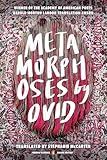 Speaking of the truth—I’ll end with a little more of my day-job reading. Translation involves a constant obsession with truth in language, and the challenges, one could say impossibility, of conveying the same truths, the same stories, but using entirely different words. I’m working on some new translations of early Platonic dialogues, and I’ve spent a lot of time wrestling with how to convey Socrates‘ quest to reveal falsehoods in the service of truth. My favorite scholarly classics book from this year was Sarah Nooter‘s Greek Poetry in the Age of Ephemerality, which grapples with the central themes of physicality and (im)permanence in archaic lyric: How can words designed for performance last long after the bodies of their singers are dead? My favorite new translation of an ancient text from this year (actually published 2022) is of a text also focused on time, change and the multiplicity of stories: Stephanie McCarter‘s brilliant, witty and moving iambic pentameter translation of Ovid‘s Metamorphoses.
Speaking of the truth—I’ll end with a little more of my day-job reading. Translation involves a constant obsession with truth in language, and the challenges, one could say impossibility, of conveying the same truths, the same stories, but using entirely different words. I’m working on some new translations of early Platonic dialogues, and I’ve spent a lot of time wrestling with how to convey Socrates‘ quest to reveal falsehoods in the service of truth. My favorite scholarly classics book from this year was Sarah Nooter‘s Greek Poetry in the Age of Ephemerality, which grapples with the central themes of physicality and (im)permanence in archaic lyric: How can words designed for performance last long after the bodies of their singers are dead? My favorite new translation of an ancient text from this year (actually published 2022) is of a text also focused on time, change and the multiplicity of stories: Stephanie McCarter‘s brilliant, witty and moving iambic pentameter translation of Ovid‘s Metamorphoses.
More from A Year in Reading 2023
A Year in Reading Archives: 2022, 2021, 2020, 2019, 2018, 2017, 2016, 2015, 2014, 2013, 2012, 2011, 2010, 2009, 2008, 2007, 2006, 2005
